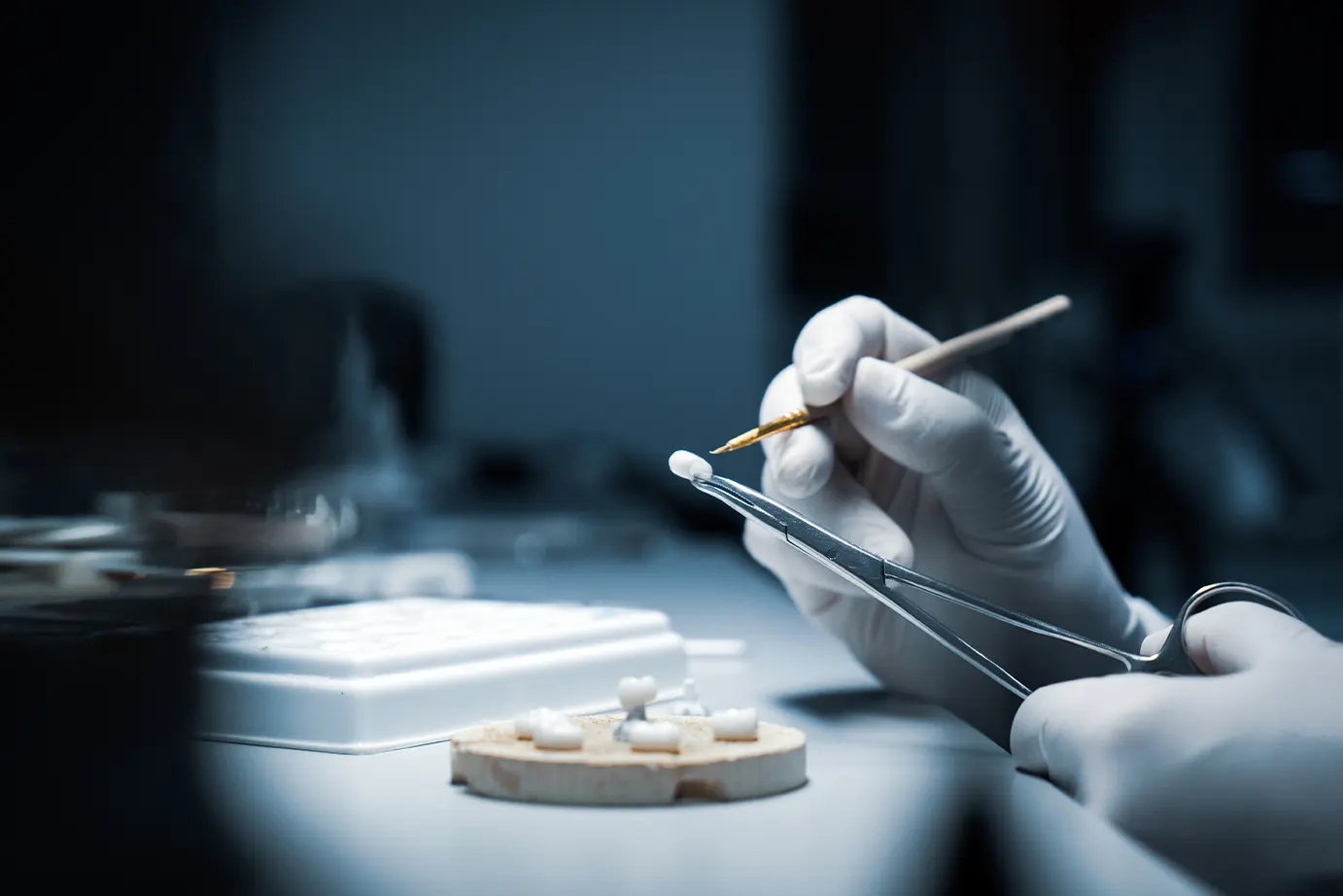
How Does a Dental Crown Work?
Dental crowns are an essential component of restorative dentistry, offering a versatile solution for a variety of dental issues. Whether you're dealing with a cracked tooth, severe decay, or simply want to enhance the appearance of a discolored tooth, a dental crown can be the perfect answer. But how exactly does a dental crown work, and what can you expect from the procedure? In this blog, we'll delve into the fascinating world of dental crowns, exploring their benefits, the process of getting one, and how they can transform your smile.
What is a Dental Crown?
A dental crown is a custom-made cap that covers a damaged or decayed tooth, restoring its shape, size, and function. Crowns are designed to look and feel like natural teeth, providing both aesthetic and functional benefits. Here's what makes dental crowns a popular choice:
- Protection: They shield weakened teeth from further damage.
- Durability: Made from robust materials, crowns can last many years.
- Aesthetic Appeal: Crowns are crafted to match the color and texture of your natural teeth.
With these advantages, it's no wonder that dental crowns are a go-to solution for many dental practitioners and patients alike.
The Dental Crown Procedure
Getting a dental crown typically involves two visits to your dentist. During the first appointment, the dentist will prepare your tooth by removing any decay and shaping it to fit the crown. An impression of your tooth is then taken and sent to a lab, where your custom crown is crafted. In the meantime, a temporary crown is placed to protect your tooth.
On your second visit, the temporary crown is removed, and the permanent crown is carefully fitted and bonded to your tooth. The process is straightforward, and most patients experience little to no discomfort. The result is a strong, natural-looking tooth that blends seamlessly with your smile.
Types of Dental Crowns
Dental crowns can be made from various materials, each offering unique benefits. The most common types include:
- Porcelain or Ceramic: Ideal for front teeth due to their natural appearance.
- Metal: Extremely durable, making them suitable for molars.
- Porcelain-fused-to-metal: Offers a balance of strength and aesthetics.
- Resin: A more affordable option, though less durable than other materials.
Your dentist will recommend the best type of crown based on your specific needs and the location of the tooth.
Maintaining Your Dental Crown
Proper care is crucial to ensuring the longevity of your dental crown. Here are some tips to keep your crown in excellent condition:
- Oral Hygiene: Maintain a regular brushing and flossing routine to prevent decay around the crown.
- Avoid Hard Foods: Refrain from biting down on hard objects to prevent cracking or chipping.
- Regular Dental Visits: Schedule routine check-ups to monitor the condition of your crown and overall oral health.
By adhering to these guidelines, you can enjoy the benefits of your dental crown for many years to come.
Transform Your Smile with Omni Dental Group in Leland, NC
If you're considering a dental crown, look no further than Omni Dental Group in Leland, NC. Dr. Josh Frazer and his team are dedicated to providing top-notch dental care tailored to your unique needs. Don't wait any longer to achieve the smile you deserve. Contact us today at (951) 215-5564 to schedule an appointment and take the first step toward a healthier, more beautiful smile.
Recent Articles

Same-Day Crowns and Bridges: Less Stress for Your First Restorative Visit

How to Choose the Best Dentist for You

Standard Cleaning vs. Deep Cleaning: When to Choose Each Service

